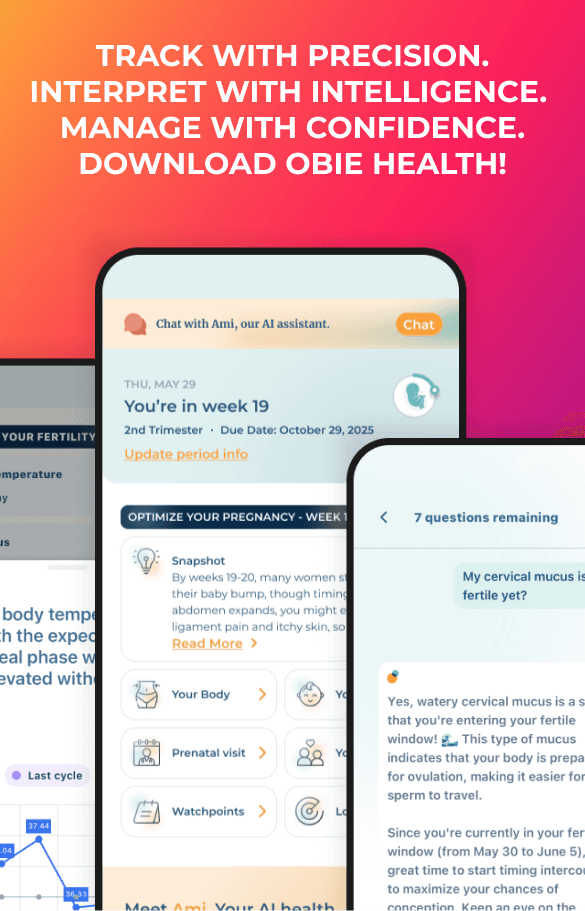Oral Glucose tolerance test OGTT (When not pregnant)
Gynecology
Obie Editorial Team
The glucose tolerance test is a laboratory method to check how the body breaks down (metabolizes) sugar.
How the Test is Performed
The most common glucose tolerance test is the oral glucose tolerance test (OGTT). You cannot eat or drink anything after midnight before the test. For the test, you will be asked to drink a liquid containing a certain amount of glucose. Your blood will be taken before you do this, and again every 30 to 60 minutes after you drink the solution. The test takes up to 3 hours.
The intravenous glucose tolerance test (IGTT) is rarely used. In this test, glucose is injected into your vein for 3 minutes. Blood insulin levels are measured before the injection, and again at 1 and 3 minutes after the injection, although the timing may vary.
How to Prepare for the TestMake sure you eat normally for several days before the test.
Do not eat or drink anything for 8-10 hours before the test. You cannot eat during the test.
Ask your health care provider if you are using medications that can interfere with the test results.
How the Test Will Feel
Some people feel nauseated or sweaty after drinking the glucose for the test.
When the needle is inserted to draw blood, some people feel moderate pain. Others feel only a prick or stinging sensation. Afterward, there may be some throbbing.
Why the Test is Performed
Glucose is the sugar the body uses for energy. Patients with untreated diabetes have high blood glucose levels. Glucose tolerance tests are one of the tools used to diagnose diabetes.
Above-normal blood glucose levels can be used to diagnose type 2 diabetes or high blood glucose during pregnancy (gestational diabetes). Insulin levels may also be measured. (Insulin is the hormone produced by the pancreas that moves glucose from the bloodstream into cells.)
The oral glucose tolerance test is used to screen pregnant women for gestational diabetes between 24 and 28 weeks of pregnancy. It may also be used in cases where the disease is suspected, despite a normal fasting blood glucose level.
Normal Results
Normal blood values for a 75-gram oral glucose tolerance test used to check for type 2 diabetes:
Fasting: 60 -100 mg/dL
1 hour: less than 200 mg/dL
2 hours: less than 140 mg/dL. Between 140 - 200 mg/dL is considered impaired glucose tolerance (sometimes called "prediabetes"). This group is at increased risk for developing diabetes. Greater than 200 mg/dL is a sign of diabetes mellitus.
Normal blood values for a 50-gram oral glucose tolerance test used to screen for gestational diabetes:
1 hour: equal to or less than 140 mg/dL
Normal blood values for a 100-gram oral glucose tolerance test used to screen for gestational diabetes:
Fasting: less than 95 mg/dL
1 hour: less than 180 mg/dL
2 hour: less than 155 mg/dL
3 hour: less than 140 mg/dL
From: Medline Plus







